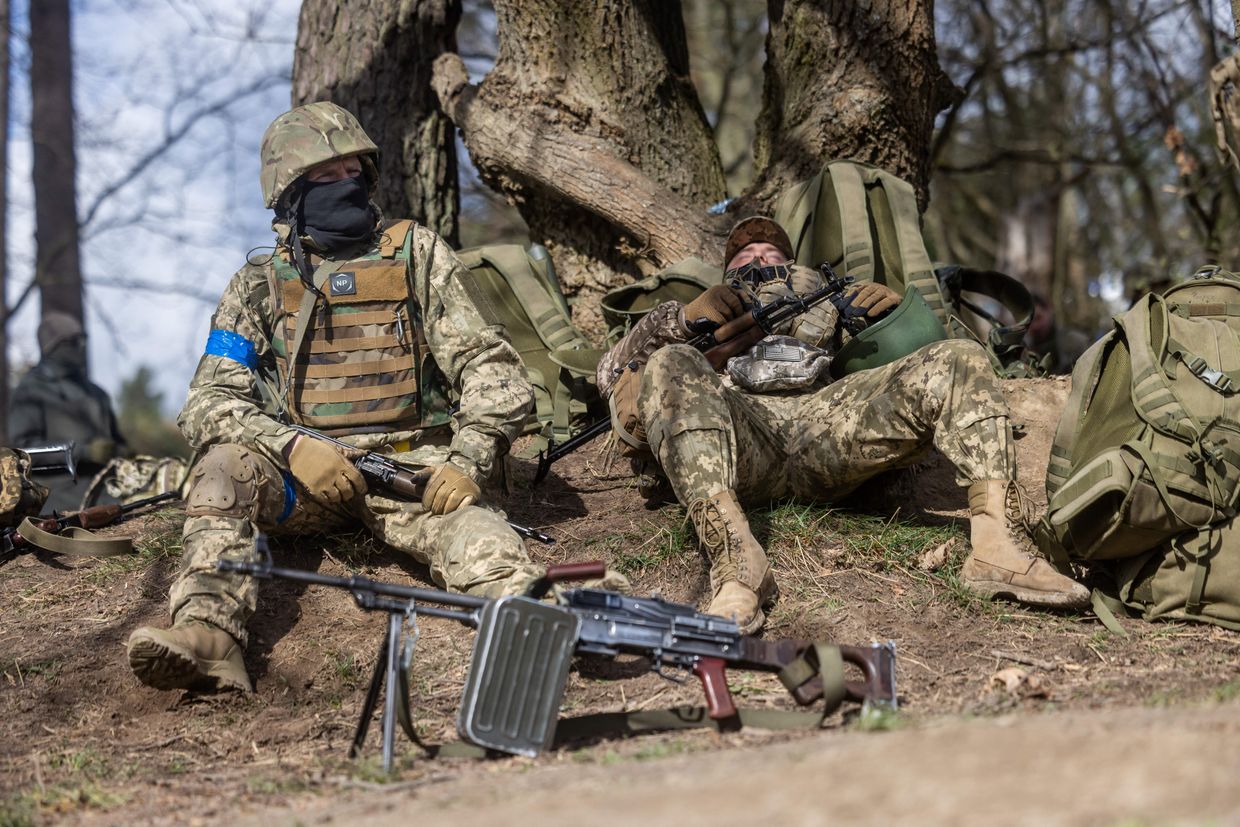Ukraine won't enter EU without settling WWII-era Volyn massacre issue, Polish minister says

Ukraine will not join the EU without resolving the historical issue of the mass killings of Poles in Volyn, which took place in the 1940s, Polish Defense Minister Wladyslaw Kosiniak-Kamysz said on July 23, according to Polsat News.
The minister was referring to a tragic episode in Polish-Ukrainian history in 1943 when members of the Ukrainian Insurgent Army (UPA) massacred tens of thousands of Poles in Nazi-occupied Volyn, a region that used to be part of Poland and is now part of Ukraine. Thousands of Ukrainians were killed in retaliation.
Despite several attempts at reconciliation between modern-day Poland and Ukraine, the issue came to the forefront of public discussion several times, namely during the tenure of the conservative Law and Justice (PiS) party, ruling between 2015 and 2023.
Kosiniak-Kamysz said that Poland supports Ukraine against Russian aggression as much as it can, but the relations are "not perfect" due to unresolved historical issues. Warsaw has been Kyiv's staunch supporter since 2022.
The Polish defense minister noted that Ukraine would not join the EU without resolving the Volyn issue, echoing the words of former Polish Foreign Ministry's Undersecretary of State Pawel Jablonski.
Jablonski said last November that Ukraine "cannot dream of joining the European Union" without resolving the issue of the exhumation of Volyn massacre victims' remains on Ukrainian territory.
While Kosiniak-Kamysz is a member of the center-right Polish People's Party (PSL), one of the groups making up the broad coalition that ousted PiS in last year's elections, Jablonski sat in office for PiS.
Ukraine opened accession talks with the European bloc last June, but a consensus of all members will be necessary to finalize the entry.
Ukrainian historian Serhii Plokhy, director of the Ukrainian Research Institute at Harvard University, estimates that the number of Polish victims of the massacre varies from 60,000 to 90,000.
The number of Ukrainians killed by Poles in Volyn ranges between 2,000 and 3,000, according to Polish historian Grzegorz Motyka.
Since 2016, July 11, a pivotal day in the massacre, sometimes called "Bloody Sunday," has been recognized by Poland as the National Day of Remembrance of Genocide Victims. Ukraine denies the term "genocide" to describe the Volyn massacre.
President Volodymyr Zelensky promised in 2019 to lift the Ukrainian moratorium on the exhumation of Volyn victims, imposed in reaction to cases of destruction of UPA memorials in Poland.
The matter has not yet been resolved, however, and Polish President Andrzej Duda said last August that obtaining permission for the exhumations plays a crucial role in Polish-Ukrainian relations.
Earlier this month, a newly erected memorial to the Volyn massacres in Poland sparked controversy by featuring a depiction of a baby impaled on what resembled a Ukrainian trident.
The unveiling ceremony was attended by figures from the far-right Confederation party, while the monument itself was funded by the Polish Army Veterans' Association in America.













